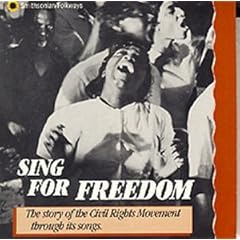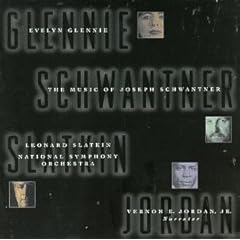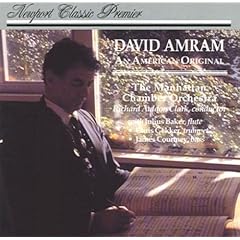If you have been upstairs in the Music Library recently, you might have noticed a new addition to our flock of early keyboard instruments. The Music Library is the current home of the School of Music’s muselar virginal.

Our muselar virginal was built in 1995 by Berkeley harpsichord maker John Phillips (
http://www.jph.us/). The decorations on the soundboard, outside marbling, and lid lettering were hand painted by Janine Elizabeth Johnson, who also made the keyboard out of bone, black oak, and parchment. Phillips has made instruments for Indiana University, Stanford University, University of California at Berkeley, University of North Texas, and the San Francisco Symphony, and they have been featured on many early music recordings. Although he primarily makes harpsichords, he has made a few muselar virginals like ours, all based on one instrument built in 1650.

I contacted Mr. Phillips, who remembered our instrument:
“Your muselar virginal is indeed based on the 1650 Ioannes Couchet, preserved in the Vleeshuis in Antwerp. I have added two split accidentals in the bass to allow for both the original C/E short octave and the F# and G# occasionally necessary for Elizabethan music. This is the last surviving virginal of any sort built by a member of the Ruckers family. The muselar design was mostly solidified by Couchet's uncle, Ioannes Ruckers, by the 1620's, so this is an extremely conservative instrument for 1650.”

Here is the digital catalog of early instruments at the Vleeshuis; the 1650 Ioannes Couchet muselar virginal can be found on digital page 152 (print page 149):
http://en.calameo.com/read/000308048134513b73531. The Dutch catalog description mentions the various decorations and inscriptions on the instrument, noting that the interior of the lid is decorated with views of the city of Antwerp.
Our muselar lid has the phrase: Musica disparium dulcis concordia vocum (I, music, the sweet harmony of different voices). This motto was originally on a 1568 virginal currently at the Victoria and Albert museum in London:
http://collections.vam.ac.uk/item/O368610/virginal/.

If you are interested in music for a muselar virginal like ours, check out the following titles in the Music Library’s catalog:
http://libcat.csd.sc.edu/record=b2385983~S13
Nederlandse klaviermuziek uit de 16e en 17e eeuw. Dutch keyboard music of the 16th and 17th centuries.
http://libcat.csd.sc.edu/record=b2230071~S13
My Ladye Nevells booke of virginal music / Edited, with historical and analytical notes, by Hilda Andrews ; preface by Sir Richard Terry, with a new introduction by Blanche Winogron.
http://libcat.csd.sc.edu/record=b3341907~S13
Early keyboard music : a collection of pieces written for the virginal, spinet, harpsichord, and clavichord / [edited by Louis] Oesterle.
Also, if you are on campus or logged in to our proxy server, you can click this link to hear some great William Byrd virginal music on Naxos (tracks 4, 8, 11, and 14):
http://unisc.naxosmusiclibrary.com/catalogue/item.asp?cid=CHAN0578

 Additionally, there is a mini-exhibit of a recently-published graphic novel, Late Romantics, that features Lizst in historical fiction, along with vignettes about Saint-Saëns, Wagner, Berlioz, and Mussorgsky. Late Romantics was written and illustrated by Jack Phinney, Latham Luepke, and Ryan Duderstadt, who comprise Bearskunk Productions in Minneapolis. You can read the whole graphic novel here: http://bearskunk.com/comics/late-romantics/cover/.
Additionally, there is a mini-exhibit of a recently-published graphic novel, Late Romantics, that features Lizst in historical fiction, along with vignettes about Saint-Saëns, Wagner, Berlioz, and Mussorgsky. Late Romantics was written and illustrated by Jack Phinney, Latham Luepke, and Ryan Duderstadt, who comprise Bearskunk Productions in Minneapolis. You can read the whole graphic novel here: http://bearskunk.com/comics/late-romantics/cover/.




















